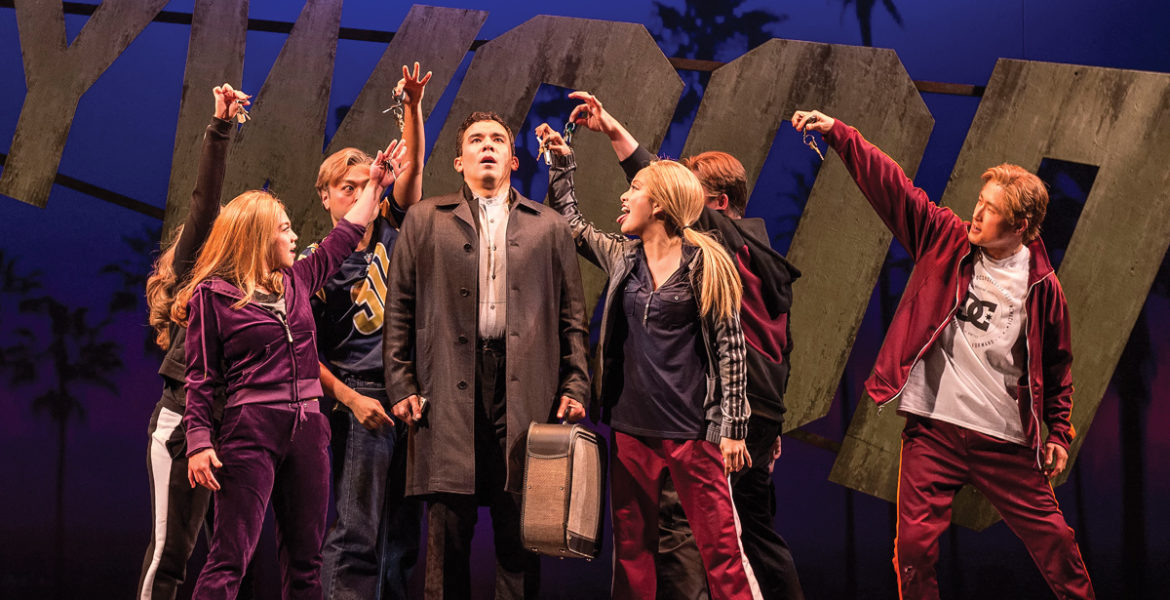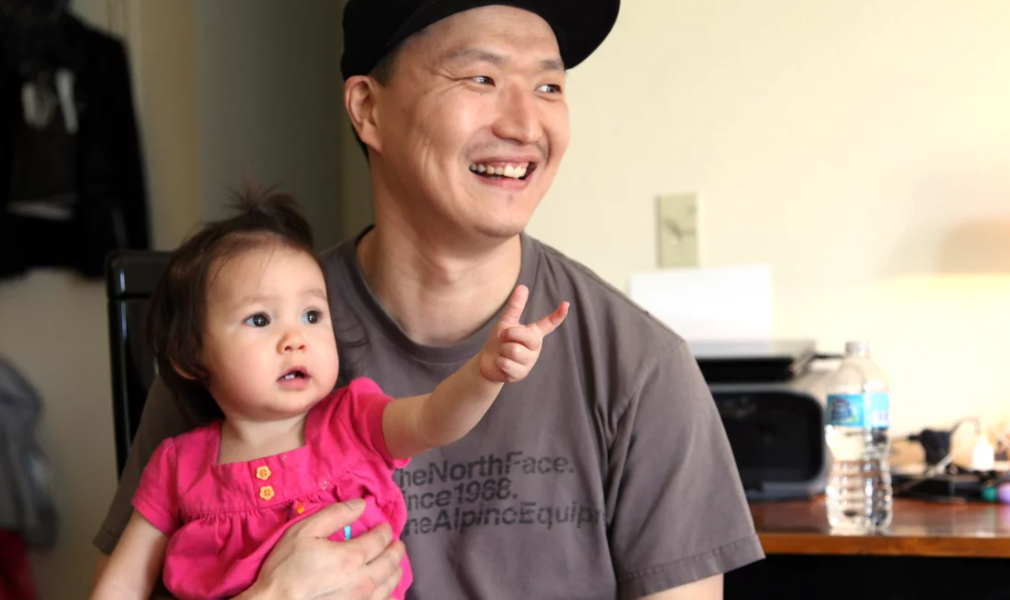By Reappropriate Intern: V. Huynh
What it means to be seen as a queer Asian American
“Everywhere I turn – nightlife, zines, Instagram, my local coffee shop – I see queer Asians flaunting their attitude, their platform heels, and a smoldering, IDGAF look that inspires me to be louder, prouder, and fearless.
But when I leave my New York City bubble, it’s a different story.”
In ‘Soft Power,’ David Henry Hwang flips the ‘East meets West’ trope
Inspired by the 2015 revival of Rodgers and Hammerstein’s “The King and I,” Tony winner David Henry Hwang has set out to flip that trope through a new work: Instead of a Western visitor teaching the King of Siam how to govern his own country, what if the main character came from Asia and saw the United States as a strange and barbaric land to be civilized?
Why Asian-Americans Feel Powerless in the Battle Over New York’s Elite High Schools
“A public-school education may be America’s greatest resource, but, for too long, it has also been an insufficient resource. In New York City and across the country, the demand for schools far outstrips their supply. Many educators have recently made the point that specialized high schools account for only about six per cent of seats in the city’s public high schools, so reforming these schools hardly comes close to solving the problem.”
As A Queer Indian-American Christian, This Priest Had To Create Her Own Path
“There’s this stereotype of Asians-Americans that we’re taught to conform to family norms and it’s true to a degree,” Varghese said. “For many of us, causing disruptions in our families or our communities is quite painful and doesn’t feel like the logical moment of rebellion that it might be in some parts of Western culture. To defy authority in Asian-American cultures can feel like denying God.”
“But it’s in the bible that we are created in the image of God,” she said. “It is our work to discern what it is to be faithful for ourselves. It might feel like lonely work. I hope it is less lonely in the future.”
5 Keys to Success from Pixar’s First Female Short-film Director
Shi is the writer and director of the new Pixar short, “Bao,” which audiences can see in theaters ahead of “Incredibles 2.” The story is personal one for Shi, who said that “Bao” is also a love-letter to her heritage. As a Chinese-American director, she wanted the audience to get a taste of the great Chinese food, culture, and people that she grew up with in Toronto, all while paying homage to her family.
Hey, White People: Pixar’s Dumpling Short ‘Bao’ Isn’t About You
This response to Bao from a mostly white, Western audience is a microcosm for an irritation long felt by Asian audiences who feel underrepresented, even invisible, in Hollywood movies.
Groups condemn high court ruling on Muslim ban
NAPABA remains concerned that this decision permits and promotes continued discrimination against Muslims, particularly given our nation’s long and painful history of anti-Asian Pacific Islander immigration policies and violence against Asian Pacific American communities. Today’s decision allows bigotry and xenophobia to underscore the government’s actions and marks a dark day in our history.
The Echoes of Chinese Exclusion
The model minority myth does not reflect the broader history of Asians in the United States, from the 60-year-long history of Chinese exclusion, to Japanese incarceration, to the radical Asian American movement. This history is vital, but very little of it is taught in schools: A 2015 survey of American government textbooks revealed that on average, Asian American and Pacific Islander issues made up less than 1 percent of the pages.
Listen to ‘Still Processing’: Asian-Americans Talk About Racism, and We Listen — Part 1
From Pablo Torre (of ESPN) to Emily Yoshida (of Vulture) to Parul Sehgal (of The Times) and more, we hear about childhood traumas, politicization, pop culture and hierarchies of oppression as they relate to Asian-American identity. The ideas are varied and complicated, conflicting and nuanced — which makes sense for a hugely diverse community that makes up almost 6 percent of the American population. We’ll bring you the second part of this two-part series next week.
Bias against Asian-American students is real. Affirmative action isn’t the problem.
Like many colleges and universities, Harvard considers race and a number of non-quantitative factors to get a more holistic review of admissions applications. The New York Times recently reported that, according to one analysis of admissions files, “Harvard consistently rated Asian-American applicants lower than others on traits like ‘positive personality,’ likability, courage, kindness and being ‘widely respected.’” Some have interpreted this finding as ironclad proof that affirmative action harms Asian Americans.
Growing effort to get representation for Asian Americans in elected office
After searching Clark County’s elected offices for two hours, it was discovered that aside from the judges, there wasn’t one Asian American elected official. That goes for any town advisory boards, the school board, county commission, or any of the city councils.
When put into perspective, that’s dozens and dozens of positions without any Asian American representation.
The Ugly Condescension of the Enlightened
Richard Carranza, the city’s school chancellor, is favorably quoted telling Asian families that he intends to save them from such sacrifices—by closing off the possibility of gaining admission to specialized high schools! “I’m sorry that the system has forced you to spend your time, your treasure on preparing your kids for that test,” he tells Asian families. “Help is on the way.” It takes a politician’s gullet not to choke on words like these.
Not satisfied with this level of grossness, the Times ends the editorial by invoking “the spirit of Jim Crow” to describe a system in which white students receive a little more than a quarter of admissions offers and in which the city has been making more or less good faith efforts to increase black and Latino admissions rates.
Judge blasts Santa Clara over redistricting in new order
Weeks after Santa Clara County Superior Court Judge Thomas Kuhnle found the city’s at-large election system discriminates against Asian-American residents, the judge accused Santa Clara officials of dragging their feet — and came up with his own timeline for reforms.


